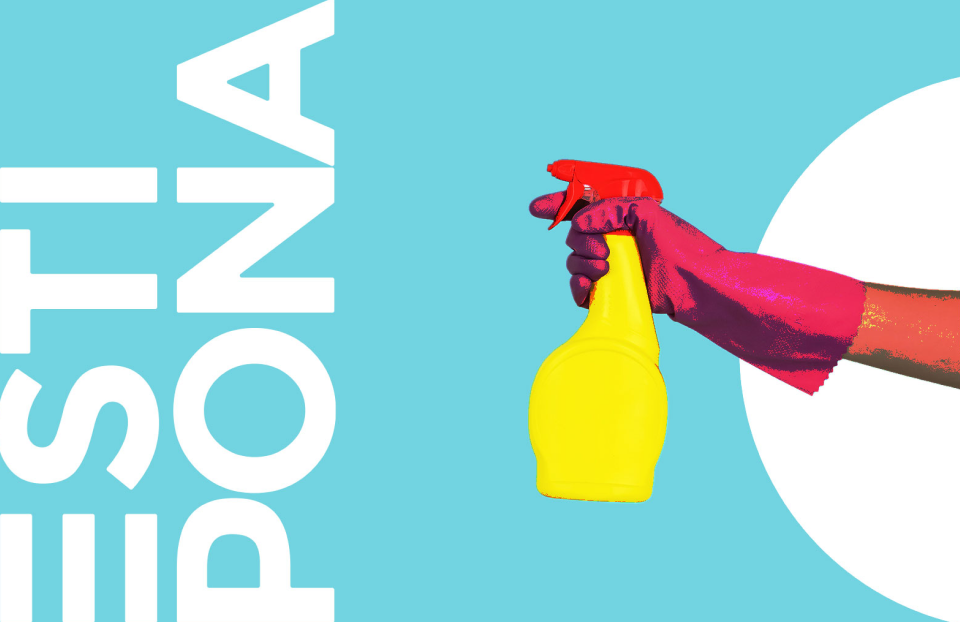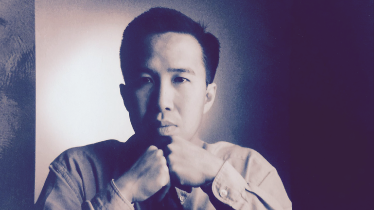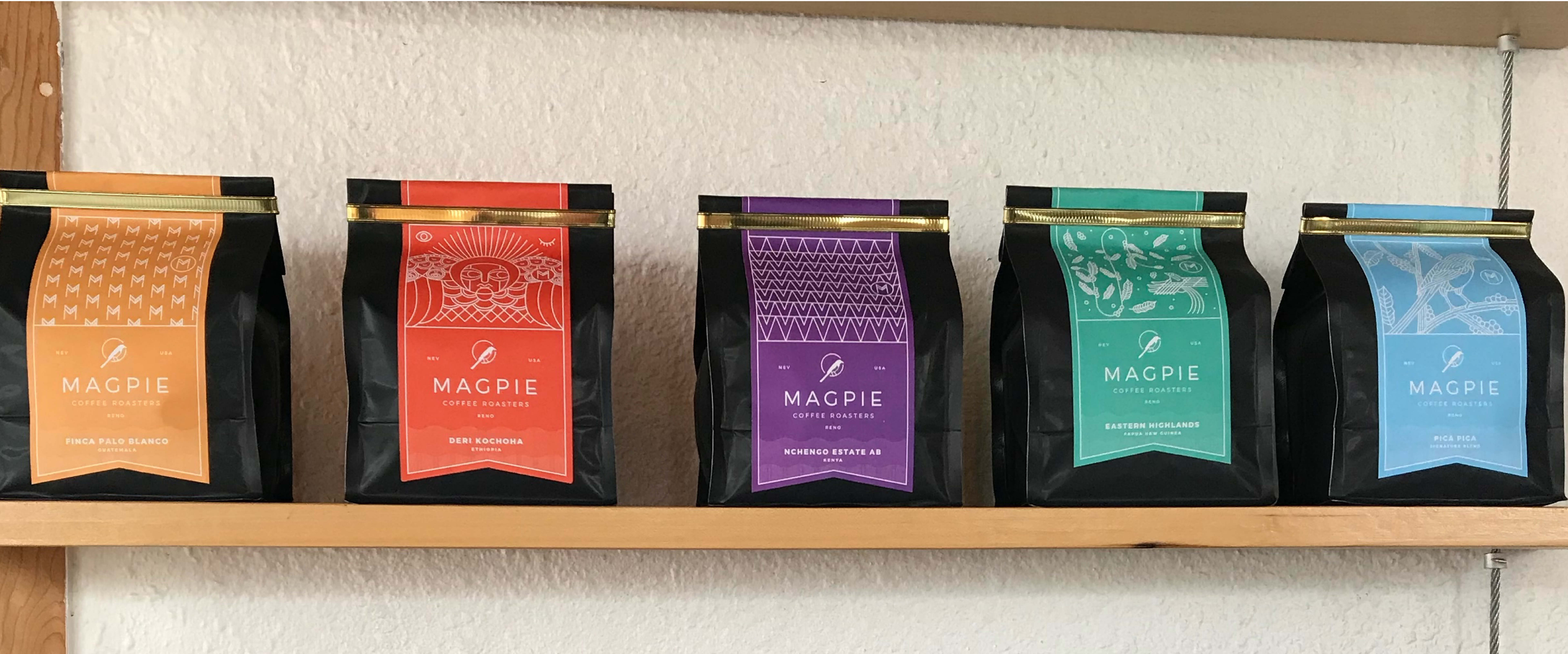We Must #StopAsianHate
I’m hoping we can have a conversation about something, and I want to begin by telling you that this makes me very uncomfortable — because while I’ve been thinking about and dealing with these issues that I’d like to discuss for decades, I’ve mostly handled it by keeping my head down and pushing through.
But we’re suddenly finding ourselves in entirely new territory. Because while racism against Asians has happened for generations in the U.S., it’s no longer confined primarily to slurs and schoolyard bullying and unequal schooling or career opportunities. Practically overnight, it’s gone from thoughts and words — to violence, and even death.
I moved to the U.S. from the Philippines with my family when I was 5. Our first stop was Detroit, but shortly thereafter, I became a Nevadan — with stops in Fallon and Ely before we landed in Stead. And while I have vivid memories of trick-or-treating with my sister while reeking of the rotten eggs that had been thrown at us by neighborhood kids, I was never beaten. And while I can’t even tell you the number of times someone yelled at me to go back to my own country, I’ve never been physically attacked.
To be Asian in America today though, you may not be that lucky. The murder of six Asian women in Atlanta last week and the daily attacks on our elders in the Bay Area — two of which have resulted in death — underscore this reality. In our culture, we revere our elders, making these attacks even more horrifying. And we’re hearing stories like these from all over our country. As I look at my half-Asian children, my nieces and nephews and some of my employees, I realize I can no longer keep my head down.
Because something I’ve learned about my culture over the course of my own upbringing and socialization is that we’re often encouraged to look inward to overcome challenges. I’m not sure if this drive is rooted in pride, or honor, or even shame — but if there’s a problem, we try to find the solution internally, instead of speaking up.
However, this obstacle is too big for one person to solve. And what’s happening to the Asian community is not political — it’s inhuman. California State University’s Center for the Study of Hate and Extremism tracked anti-Asian American hate crimes in 16 of the country’s most populous cities in 2020, noting an increase of almost 150% over the previous year. And in some communities, the rates of violent hate crimes are much higher — like an 833% increase in New York alone.
My drive inspires me to look inward for the solution: What can I do to make this better, solve the problem, bring people together, lift others up?
But the solution, awkwardly for me, is to not only look in — but to speak out.
While there is no quick fix to solving racism, one of the best ways to defeat it is to shine a light on it — and that means speaking up. This is one of the lasting lessons to come from the #BlackLivesMatter movement. I realize it’s not enough, but I want us to keep talking about how hurtful racism is — to individuals and families to start, but also to our society as a whole. We cannot claim to be the best country on the planet when people are targeted every day because they look different.
We need to continue shining a light on this ugliness until it ceases to exist.
I always hoped that as a society, we would eventually progress to a point where we realized that racism of all kinds, against all people, was too stupid to exist in a civilized world. I’m very sad I was wrong about that.
So we need to have more conversations. That’s why I’m writing this today. If you have questions I can answer, let’s talk. And please have these same conversations with anyone in your life who is different than you. It’s the only way we can move past this to a more civilized society.
It’s time for us to focus on what unites us, instead of what makes us different. It’s time to lean into empathy for others, instead of judgment about things we’ve never experienced for ourselves.
It’s time to #StopAsianHate.



